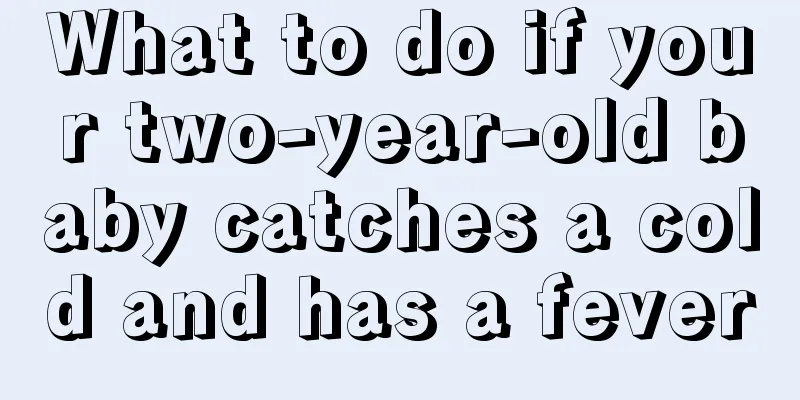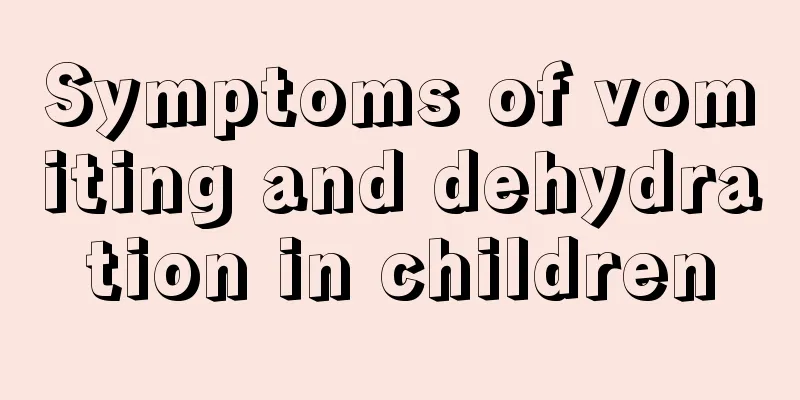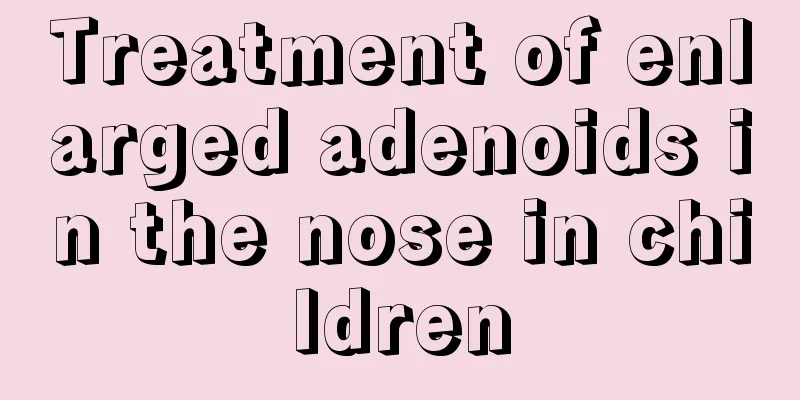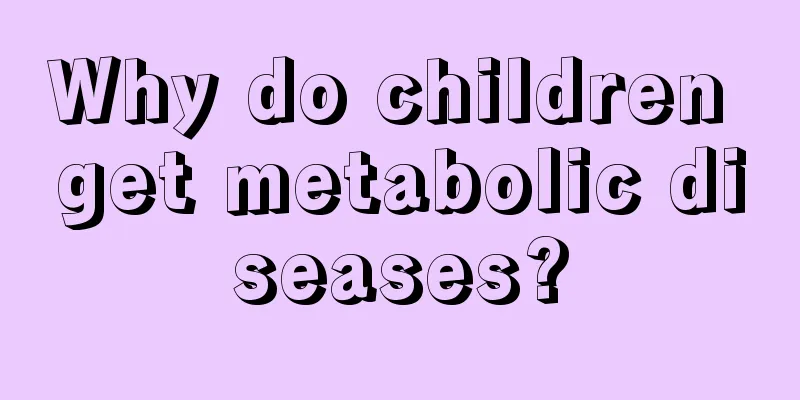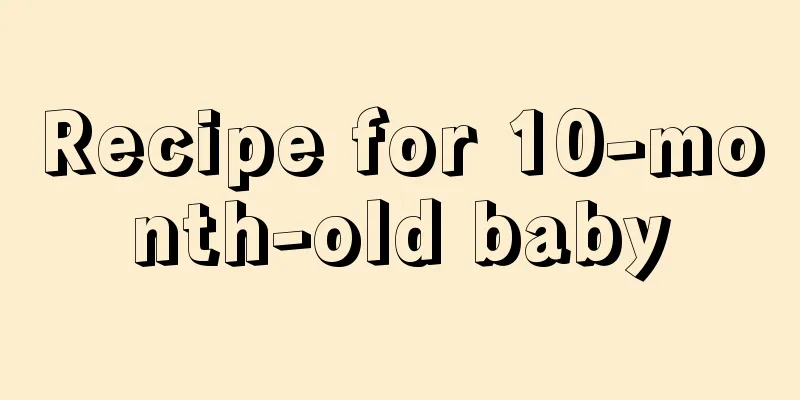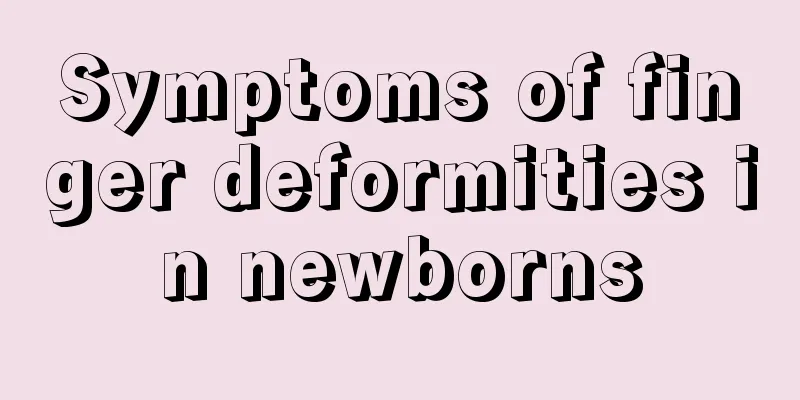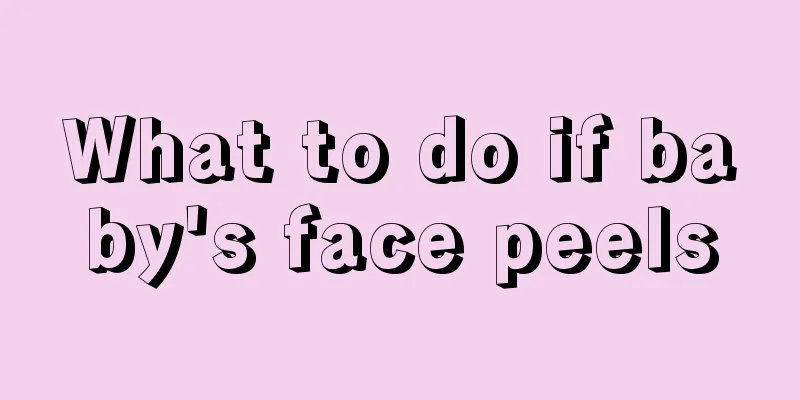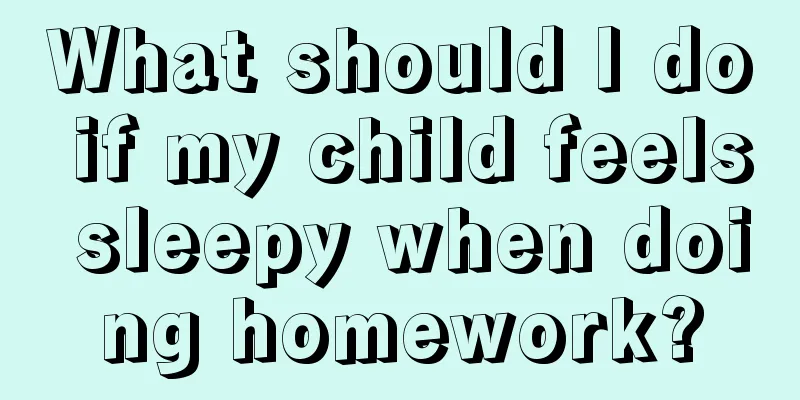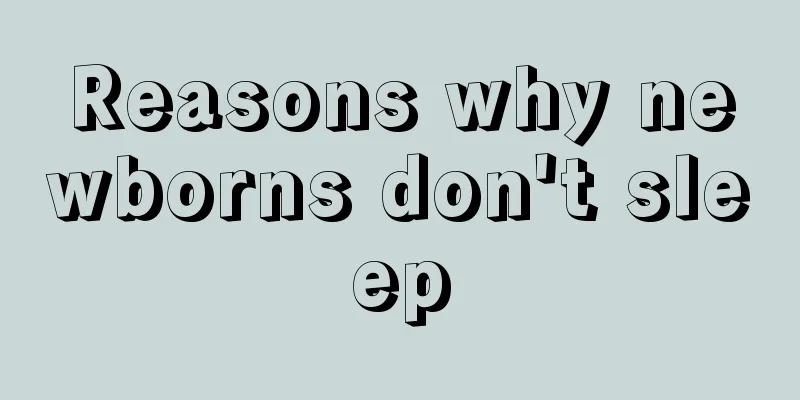Does a child's fever and convulsions affect the brain?
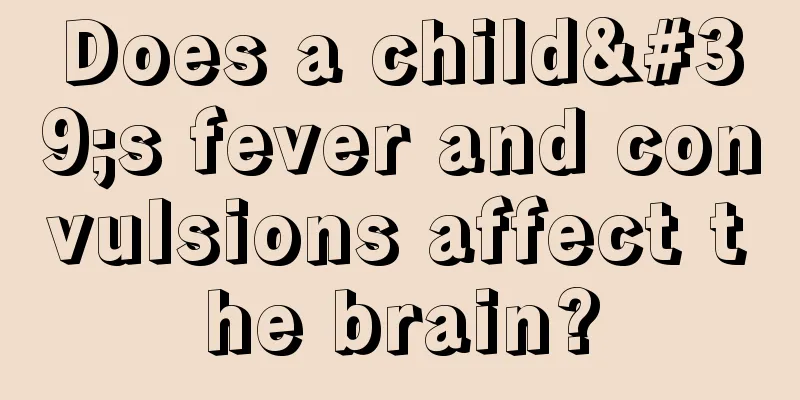
|
Children belong to a vulnerable group and have very poor resistance. They will suffer from many diseases in life. It is more troublesome for children when they are sick because many medicines cannot be taken orally and they can only rely on usual diet therapy to relieve the symptoms. Fever is a common disease among children. When children have a fever, they will be accompanied by convulsions. So does a child's fever and convulsions affect the brain? For babies under 100 days old with a body temperature over 38 degrees, this may not necessarily be a serious condition, but it can also be very serious because it is hard to see because of their small face, skin color, and eyes. Doctors can feel some circulatory symptoms, but parents may not. So if your baby is under 3 months old and the temperature is over 38 degrees, you can bring him here immediately. Another way to say it is to feel irritable, inconsolable, or extremely tired. Some parents may worry about whether the fever will damage the brain. In fact, a fever below 41 degrees will not damage the brain, unless the fever itself is caused by a disease of the central nervous system, such as meningitis or encephalitis. In this case, the fever is caused by a problem with the brain itself. In addition, fever generally does not cause convulsions. The chance of fever causing convulsions is only 3 to 5 percent, and it usually occurs in children between 5 months and 5 years old. It is more common in children under six years old and less common in those over six years old. The high-risk age group is one to three years old. Generally speaking, this type of febrile convulsion is harmless to children, but it must be treated in a timely manner. Convulsions usually occur when the body temperature rises, before it reaches its peak, and will not last long. Generally speaking, short-term convulsions will not cause brain damage. The first convulsion should be checked in the hospital to rule out some central nervous system diseases, such as encephalitis. The most common cause of fever in children is infection, which may be illness, cold, pharyngitis, bronchitis, pneumonia, followed by dehydration, hyperthyroidism, burns or other diseases. The above is an introduction to whether children's fever and convulsions have an impact on the brain. If your child at home has a fever, don't be too nervous. You should reduce the child's fever in time. Pay attention to the child's personal hygiene and physical condition at ordinary times, so that you can solve the problem in time when the child has a problem. |
<<: Why does a child have a fever, convulsions and rolling eyes?
>>: What is the reason for a child's persistent high fever?
Recommend
What can children eat to improve their physical fitness?
Today’s living standards have improved, but many ...
How to solve hypospadias in infants
The healthy development of the baby is of great c...
What medicine should a 6-year-old child take for diarrhea
In daily life, we sometimes suffer from vomiting ...
Why do my baby’s toenails become thicker?
Children are angels in this world. They are the c...
Treatment of appendicitis in children
In recent years, the effect of treating appendici...
What disease is it that causes white spots on children's bodies?
In life, once people hear about or see white spot...
What kind of complementary food can a six-month-old baby eat?
Six-month-old babies are already very big, so com...
Will roseola infantum recur?
When a child has an emergency, the first thing pa...
How to treat black stool in children?
Many parents find that their baby's feces are...
What are the causes of red spots on baby's tongue?
Every parent is particularly concerned about the ...
What are the symptoms of variant asthma in children?
Cough is a common symptom of respiratory diseases...
Reasons why babies sweat a lot at night
Everyone knows that children often sweat a lot wh...
How do children practice boxing?
As people's ideas change, many parents begin ...
Can I grow taller if I don’t eat meat as a child?
Meat is a very popular food. It can make people g...
What to do if your nine-month-old baby has abdominal distension
For nine-month-old babies, they have already star...
